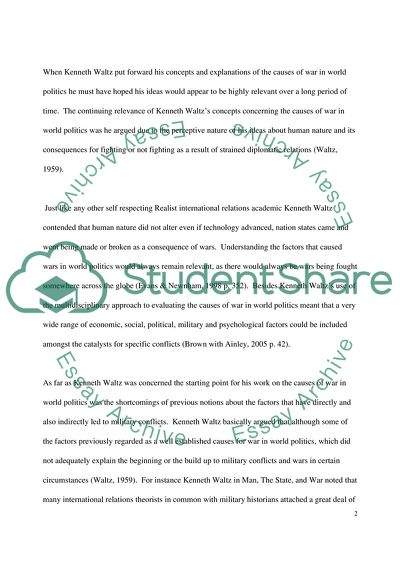Cite this document
(How Useful Is Waltzs Theory for Explaining What Happens in Term Paper, n.d.)
How Useful Is Waltzs Theory for Explaining What Happens in Term Paper. https://studentshare.org/politics/1718907-how-useful-is-waltzs-theory-for-explaining-what-happens-in-international-politics
How Useful Is Waltzs Theory for Explaining What Happens in Term Paper. https://studentshare.org/politics/1718907-how-useful-is-waltzs-theory-for-explaining-what-happens-in-international-politics
(How Useful Is Waltzs Theory for Explaining What Happens in Term Paper)
How Useful Is Waltzs Theory for Explaining What Happens in Term Paper. https://studentshare.org/politics/1718907-how-useful-is-waltzs-theory-for-explaining-what-happens-in-international-politics.
How Useful Is Waltzs Theory for Explaining What Happens in Term Paper. https://studentshare.org/politics/1718907-how-useful-is-waltzs-theory-for-explaining-what-happens-in-international-politics.
“How Useful Is Waltzs Theory for Explaining What Happens in Term Paper”. https://studentshare.org/politics/1718907-how-useful-is-waltzs-theory-for-explaining-what-happens-in-international-politics.


